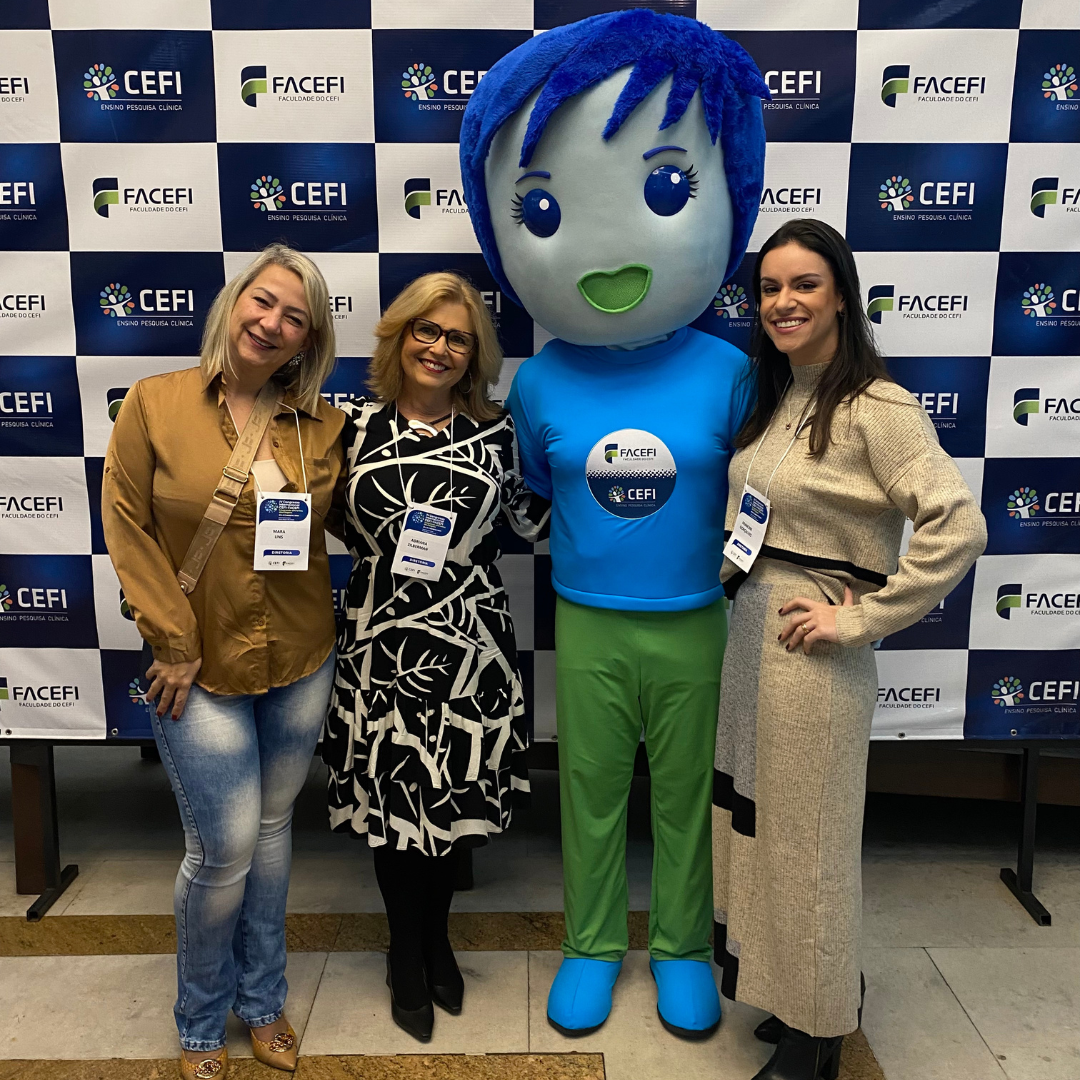International Congress: Different approaches on the agenda for increasingly complex demands

from August 29th to 31st, CEFI/FACEFI held the IV edition of its International Congress, bringing together experts from US Psychology, Mexico, Argentina, Spain and Brazil. Artificial intelligence, parental mourning, abusive relationships, pornography and sexuality 60+ were some of the highlights of programming. More than 300 people circulated through the premises of the Hotel Ambassador, in Porto Alegre (RS), during the event.
One of the highlights of the programming was the participation of US psychologist Robyn Walser, director of the National Center for PTSD, Dissemination and Training Division, at Veterans Affairs Palo Alto Health Care System. At the opening ceremony, she addressed the application of acceptance and commitment therapy (ACT) in trauma with catastrophes, having the flood of RS as an example. For Robyn, natural disasters have significant impacts on people's lives and can have reactions of stress, mourning, anxiety and depression. According to the researcher, ACT can help in coping and resuming the ability to dream and have hope in the future.
On the second day of the event, Spanish Iñigo Ochoa de Alda, researcher and professor at the Faculty of Psychology, Basque University, held a role-play for interventions in difficult families, which allowed a very rich debate about different approaches possible. Robyn Walser opened the afternoon shift addressing the theme of moral injury in cases of trauma and the application of ACT. Closing the second day, Argentine therapist and teacher Victor Hugo Fabris explained about emotional supercontrol, silent disorder, for which there is not much research yet. Fabris mentioned that people with this type of control circulate by society and are not always diagnosed and treated with the most appropriate approach and defended the use of ACT and emotional activation. Throughout Friday, courses on digital universe and mental health, ADHH in adults, vulnerabilities that impact the LGBTQIA+population, artificial intelligence, abusive love relationships and 60+ sexuality. The last day of the event was reserved for symposiums, oral presentations and workshops, with the participation of guest researchers and research groups at CEFI/FACEFI. Congress also featured autograph sessions and moments of public integration.
According to Mara Lins, director of Facefi, it was a great challenge to hold this event in 2024, initially scheduled for May. "We had to change the programming, amid the whole situation of floods in RS, but we succeeded in Congress," he said. For Adriana Zilberman, director of CEFI, Congress integrated different theoretical approaches to psychology allowing professionals to expand their look at human suffering and their clinical repertoire for increasingly complex demands. The V International Congress CEFI/Facefi will take place in 2026, in the city of Gramado (RS). News soon, through the institution's website and social networks.


